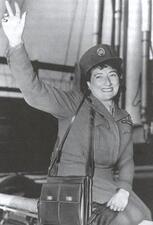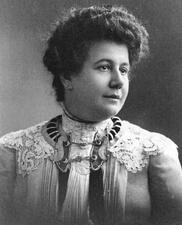
Emma Leon Gottheil
As a translator, Emma Leon Gottheil helped spread the ideals of Zionism across America, but as founder of the Women’s League for Palestine, she turned those ideals into reality.
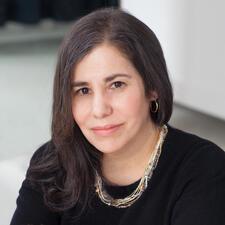
Amy Gottlieb
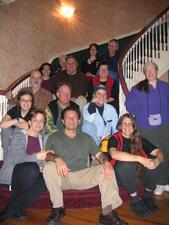
Lynn Gottlieb

Michal Govrin
Michal Govrin, born in 1950 is an Israeli poet, writer, and stage director. She takes a highly individualized perspective on Israeli-Jewish post-Holocaust reality by combining artistic experimentation with Biblical and Rabbinic sources and philosophical discourse. In her poetry, prose and essays she examines places and spaces within a polyphonic context of architecture, art and theater, the sanctity of land, and the national narrative.
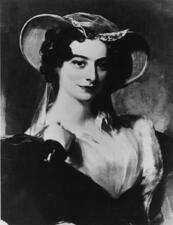
Rebecca Gratz
Richea Gratz
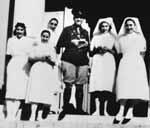
Greek Resistance During World War II
Sephardi and Romaniote women during the resistance movements in Greece and in Auschwitz Birkenau have been rarely mentioned in the literature on World War II, but they made varied contributions to the movement.
Selina Greenbaum
Selina Greenbaum was a philanthropist who created recreational resorts for overworked factory girls. In 1890, Greenbaum became the founding president of the Jewish Working Girl’s Vacation Society, which gave working young women a chance to find relief away from their demanding factory jobs.
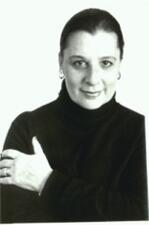
Blu Greenberg
Blu Greenberg is known as the mother of Orthodox feminism and is author of On Women and Judaism: A view from Tradition. She coined the phrase “Where there’s a rabbinic will, there’s a halakhic way,” demanding that rabbis find systemic solutions to help women who feel trapped by aspects of halakhah. Greenberg is a fierce advocate for agunot, women trapped in unwanted marriages.
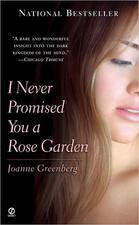
Joanne Greenberg
Aliza Greenblatt
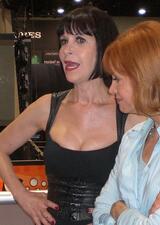
Ellen Greene
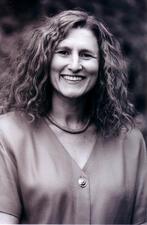
Gloria Greenfield
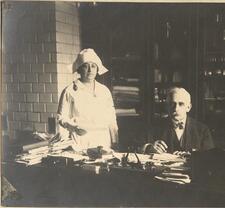
Amelia Greenwald
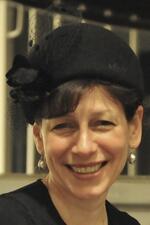
Tina Grimberg
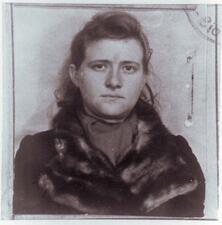
Haika Grosman
Politically active from a young age, Haika Grosman played a key role in the underground resistance to Nazi occupation and the Holocaust and put her safety on the line in the name of the movement.
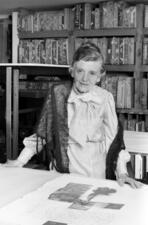
Tatyana Grosman
Tatyana Grosman nurtured an entire generation of printmakers and raised printmaking in the United States to the status of major fine art. Universal Limited Art Editions, which she founded in 1957, published prints by many major American artists, and launched collaborative endeavors between artists and writers. Much of the press’s work was acquired by the Metropolitan Museum of Art.
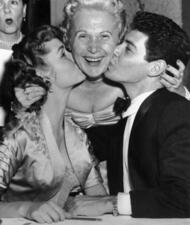
Jennie Grossinger
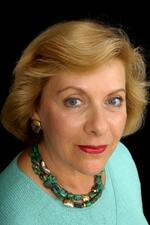
Barbara Wallace Grossman
Ethel Shilmover Grossman
Mary Belle Grossman
In 1918, Mary Belle Grossman became one of the first two women admitted to membership in the American Bar Association. After the passage of the Nineteenth Amendment in 1920, she became one of Cleveland’s most successful political activists.
Pam Grossman
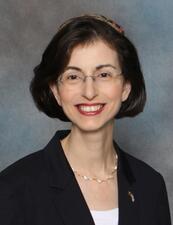
Susan Grossman
Sophie Von Grotthuss
Born in Berlin, Sophie von Grotthuss grew up with a mother who resented her Judaism and who married her off at fifteen into an unhappy relationship. In her later years she became a prolific author, but only a few of her works, including a story and a play, have survived.
